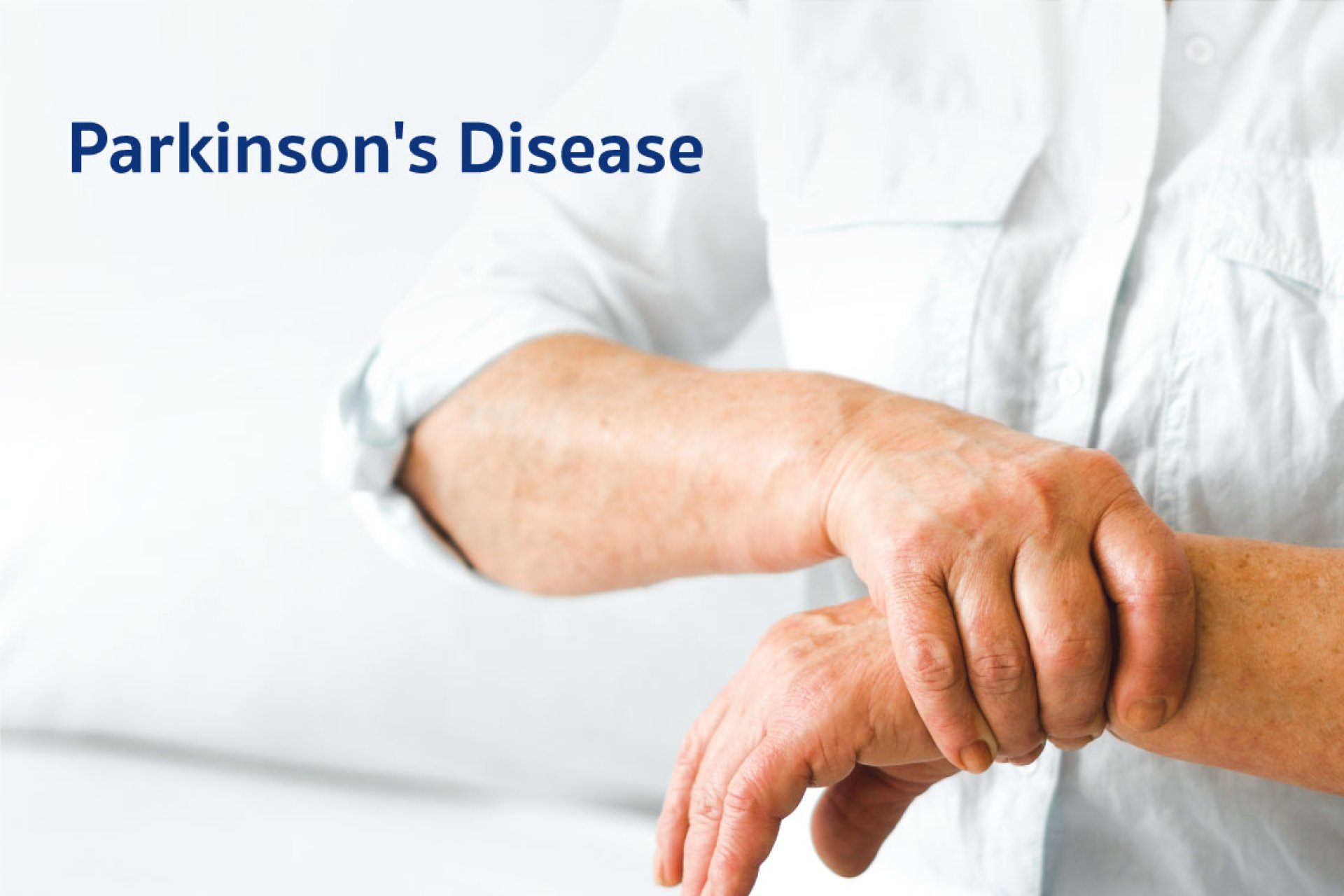Parkinson's Disease: A Neurological Condition Not to Be Overlooked

Parkinson's disease (PD) is caused by the degeneration of nerve cells in the midbrain region called the substantia nigra, which is responsible for producing dopamine. Dopamine plays a crucial role in controlling movement and coordination. When dopamine levels decrease, it leads to movement abnormalities. The exact cause of the disease is unknown, but it is believed to be linked to genetic and environmental factors, as well as aging and the use of certain medications in the elderly.
Symptoms of Parkinson's Disease
- Movement-related symptoms:
• Tremors at rest
• Stiffness
• Impaired balance
- Non-movement-related symptoms:
• Nightmares
• Loss of smell or taste
• Chronic constipation
• Depression

Treating Parkinson's Disease with UC-MSCs
Umbilical cord mesenchymal stem cells (UC-MSCs) are stem cells found in various organs with a high capacity for immune modulation and differentiation into nerve cells. They also have neuroprotective effects.
In Parkinson's disease, there is ongoing degeneration and loss of dopamine-producing neurons in the substantia nigra of the midbrain. Pathological studies have shown that stem cells have the potential to support the growth of neurons and replace damaged cells. Using stem cells helps to replenish dopamine in the striatum and promotes the function of the nervous and vascular systems.
Mechanisms of Treatment
- Secretion of paracrine factors to promote neuronal growth: UC-MSCs can secrete various growth factors that play a role in promoting neural tissue recovery, such as BDNF, GDNF, and NGF. These factors protect neurons from degeneration and stimulate the generation of new neurons, enhancing recovery in Parkinson's patients.
- Cooperation with brain cells for tissue repair: UC-MSCs transplanted into the brain can stimulate endogenous neural stem cells to proliferate, migrate, and differentiate into mature neurons. Additionally, MSCs promote the formation of new blood vessels in the brain, enhancing blood flow and the delivery of essential nutrients for recovery.
Various research studies have demonstrated the potential of stem cells in treating Parkinson's disease. However, individuals considering stem cell treatment should consult with a specialist for a comprehensive evaluation and to ensure the safety and efficacy of the treatment.
Jasmina Isaković, Klara Šerer, Barbara Barišić4 and Dinko Mitrečić. (2023). Mesenchymal stem cell therapy for neurological disorders: The light or the dark side of the force?. (https://www.frontiersin.org/journals/bioengineering-and-biotechnology/articles/10.3389/fbioe.2023.1139359/full)
Jinmei Sun, Wei Zhang2, Zheng Zachory Wei, Xiaopeng Song, Liu Jian,Feng Jiang,Shuanglin Wang, Haibo Li9, Yongbo Zhang, Houzhen Tuo and The CtrLyin Group. (2023). Mesenchymal stromal cell biotherapy for Parkinsons disease premotor symptoms. (https://cnjournal.biomedcentral.com/articles/10.1186/s41016-023-00338-z)


